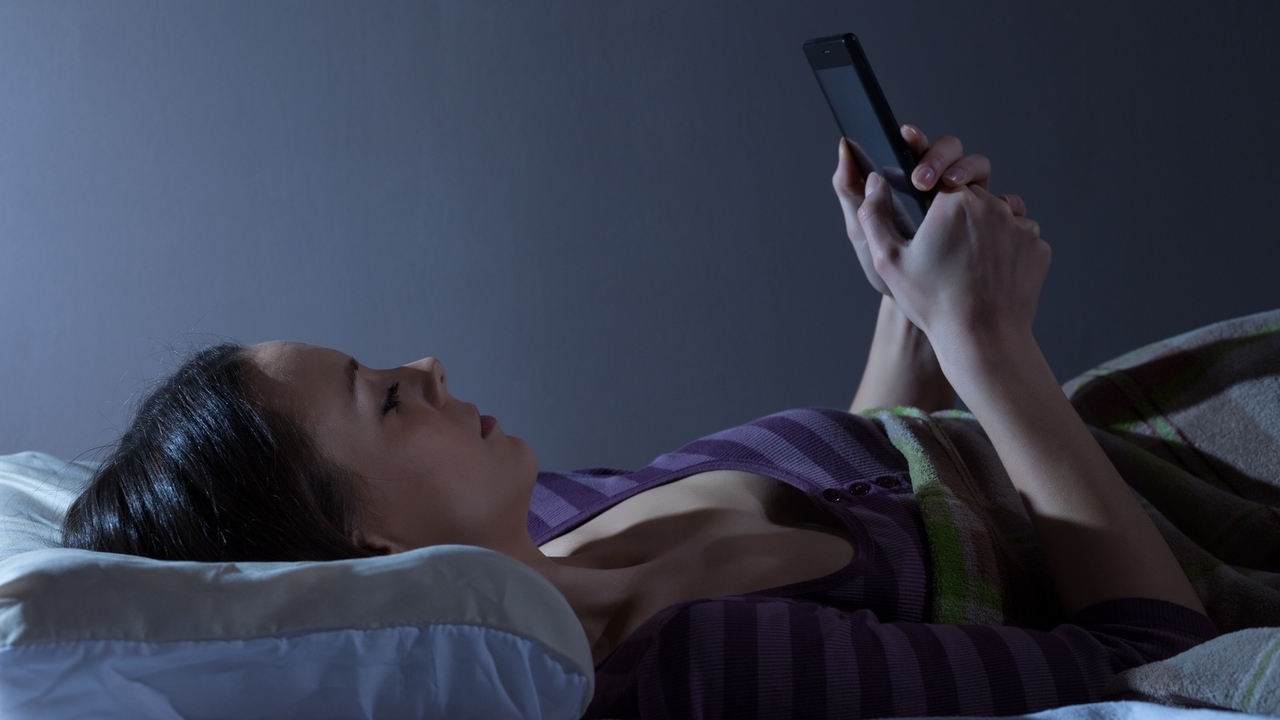Traumatic brain injuries create a variety of challenges. Not the least of these, is the inability to get a decent night's sleep. People with traumatic brain injuries produce less of the hormone melatonin which often makes it impossible to sleep at night when melatonin levels should be higher.
People with traumatic brain injuries get less sleep at night, and have less REM (rapid eye movement) sleep. They may have trouble falling asleep, and staying asleep and they may have trouble waking up.
Their sleep is broken up and is not restful nor is it refreshing. They are also likely to suffer from anxiety and depression. It is suspected that the difficulties in getting a decent night's sleep leads to the depression, rather than the reverse.
"Melatonin is a hormone that has been associated with the body’s circadian rhythm and the regulation of diverse body functions. Normally, melatonin levels in the blood are highest just prior to bedtime, signaling sleep. The hormone regulates biological rhythms."
http://www.webmd.com/brain/news/20100524/brain-injuries-may-lead-to-sleeping-problems?src=RSS_PUBLIC






Add a CommentComments
There are no comments yet. Be the first one and get the conversation started!